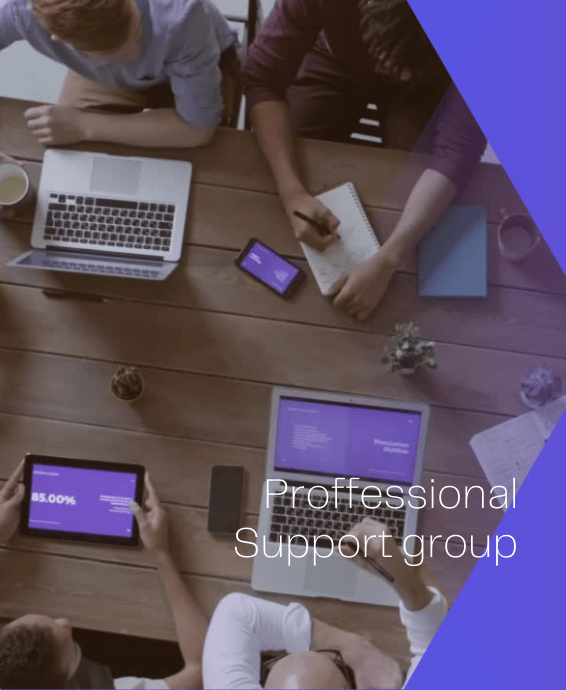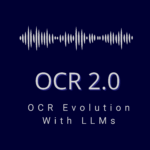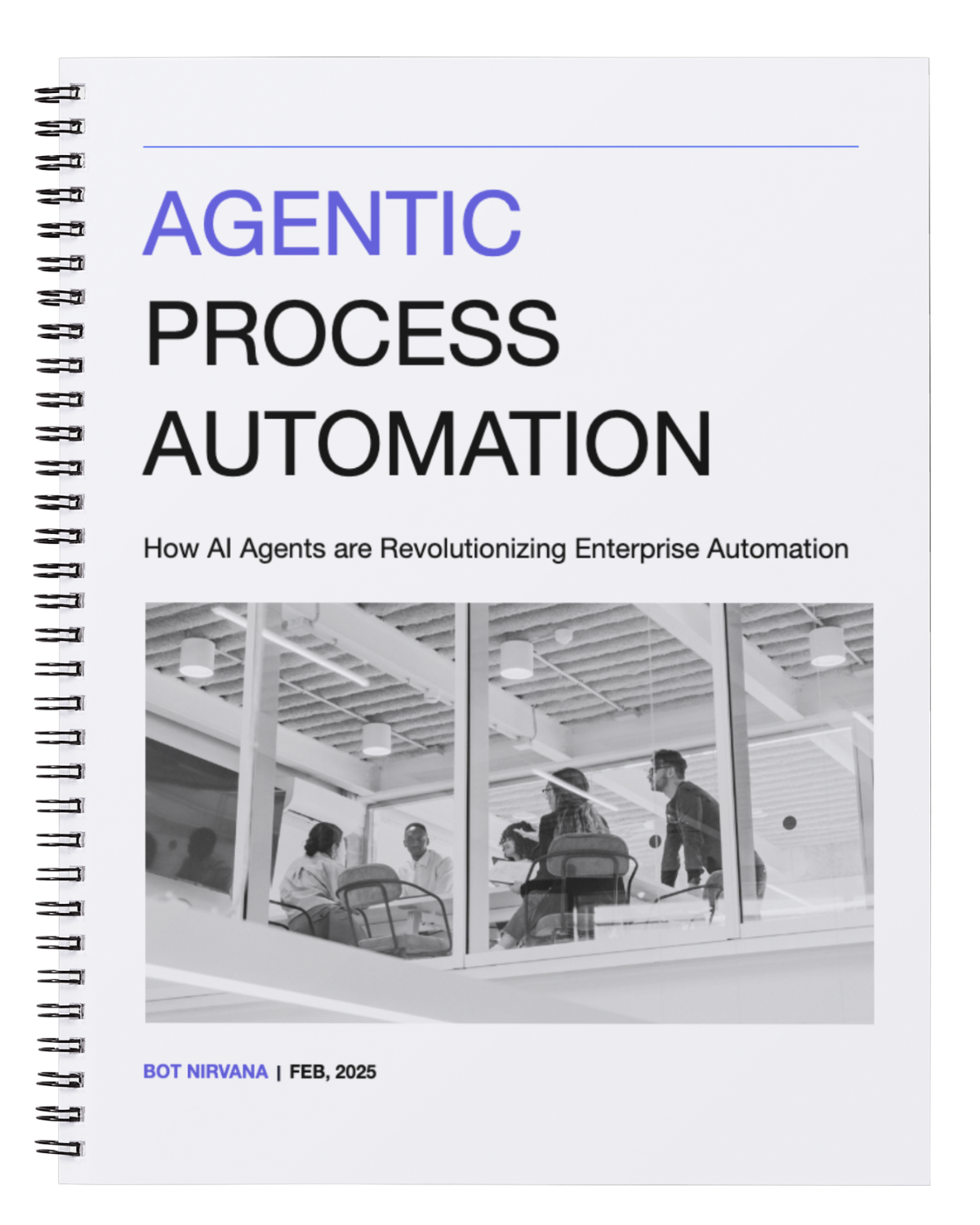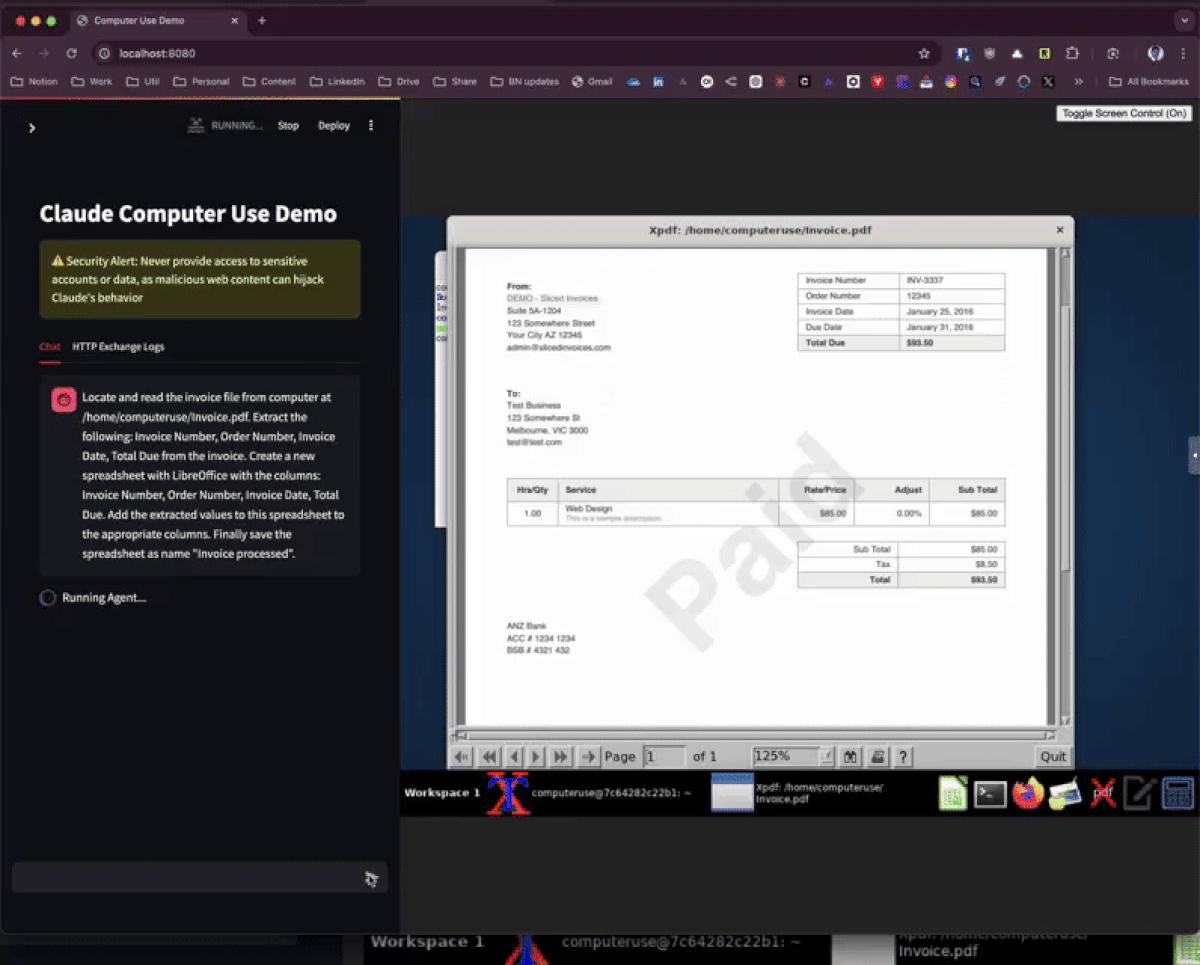
Stay at the forefront of AI & Automation with 5300+ AI leaders.
Save hours of research with free 5-minute no-fluff AI reports.
200+ AI & Automation Ideas
Discover real-world ideas that you can apply in your Enterprise now. The ideas can be filtered by business area, industry, and technology.

Bot Nirvana Podcast
Unique AI & Automation insights from leaders and practitioners in the industry.
Alex and Doug
In this episode, we are joined by Intelligent Automation experts Doug Shannon and Alex Dixon to unravel the complex terminology dominating today’s Agentic AI automation landscape. The conversation delves into how enterprises are integrating cognitive abilities into traditional automation workflows, …
Manish Ballal
Manish Ballal is a GTM and Sales leader with over a decade of experience in the automation space.…
Agentic Process Automation (APA)
In this episode, we explore Agentic Process Automation (APA), a paradigm that could revolutionize di…
OCR 2.0
In this podcast, we dive into the new concept of OCR 2.0 – the future of OCR with LLMs.
We explor…
JP Morgenthal
JP Morgenthal (JP) is a seasoned expert in applied AI and automation.
With over 20 years of expe…

Join our AI Mastermind!
If you are a leader in the digital space and looking for a place to find like-minded go-getters, join us and gain access to valuable resources, insights, and knowledge that can help you navigate the ever-changing landscape of AI and Automation. Connect with other experts in the field, discover innovative solutions, and accelerate your business growth. Join now and unlock the power of collaboration, innovation, and success!






